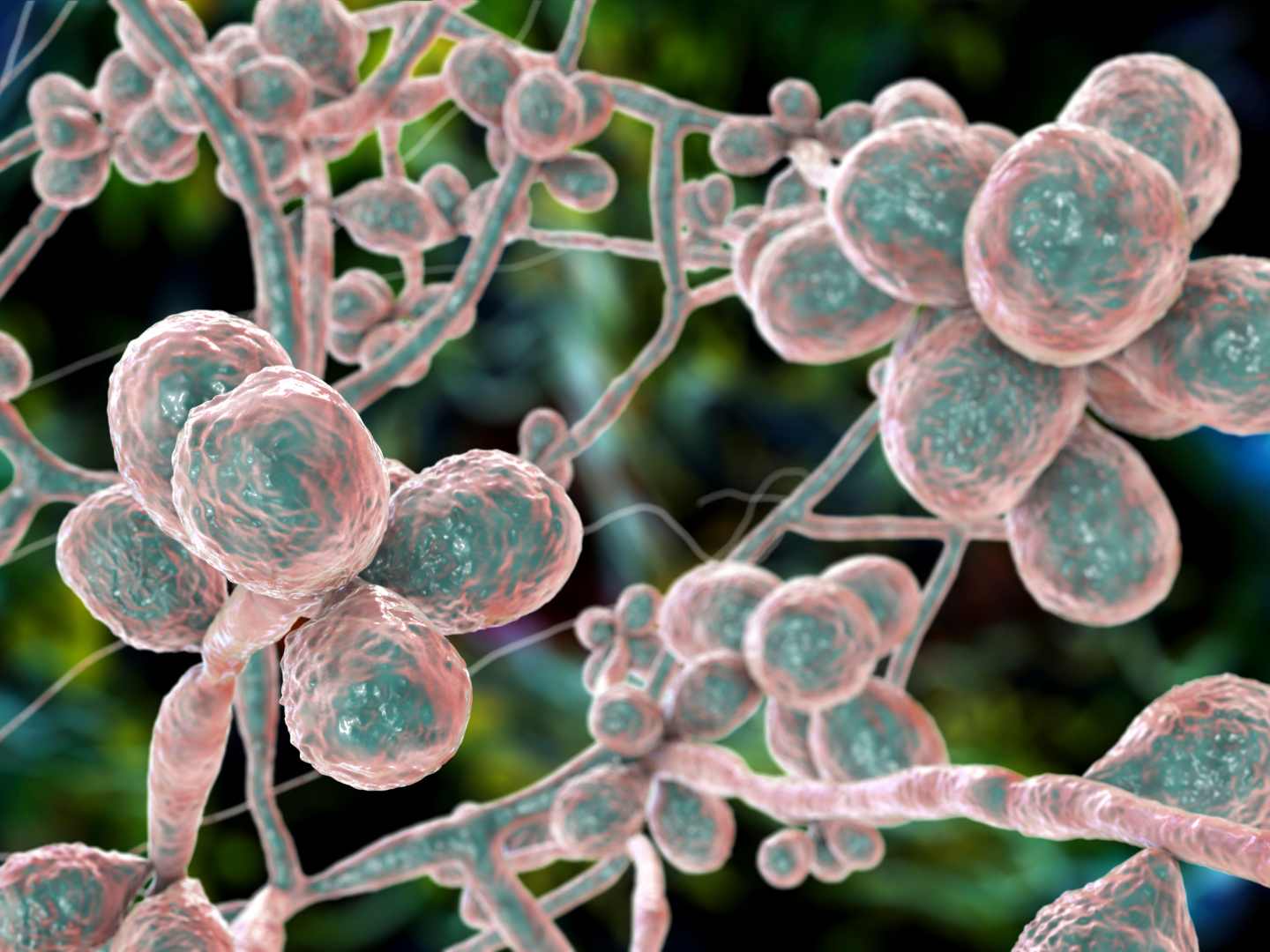Cannabidiol as an Antifungal Game-Changer? Reconsidering Cannabis Against Infection

If you're only thinking of CBD as an anti-inflammatory or neuroprotective compound, you need to see what researchers just uncovered in PLOS Neglected Tropical Diseases: CBD—and especially CBDV—show real antifungal muscle against serious pathogens like Cryptococcus neoformans and common dermatophytes.
In this rigorous study, scientists tested pure CBD and CBDV against a range of clinically relevant fungal species. Classic lab assays (MIC and MFC) revealed both compounds act in a fungicidal—not just fungistatic—fashion. In fact, CBD killed off C. neoformans in as little as 30 minutes, far faster than traditional amphotericin B, which took hours to show effect.
But it didn’t stop at killing spores. These cannabinoids disrupted biofilm formation and dispersed mature biofilms, which are notorious for conferring drug resistance and shielding infections on medical devices. Remarkably, CBDV was effective even at lower concentrations against mature biofilms—a standout finding.
The team dug even deeper, using proteomics to see how these compounds act on the fungal cells. They found that CBD and CBDV alter membrane stability, interfere with ergosterol biosynthesis, disrupt metabolic and mitochondrial pathways, and impact capsule formation pathways—key factors in fungal virulence.
Then, in a real-world model using Galleria mellonella (wax moth larvae) with a burn wound infected by C. neoformans, topical CBD made a significant difference in survival. Larvae treated with CBD outlived untreated controls—evidence that this isn’t just a petri dish anomaly.
What This Means in Context
This may be the first time you’ve considered CBD as an antimicrobial rather than just anti-inflammatory. But the clinical implications are huge: fungal infections are a growing global health threat, with resistance rising and few new drugs in the pipeline. That puts phytocannabinoids—already with established safety records—in a valuable spot for novel treatment development.
We’ve long known cannabinoids interact with immune and inflammatory pathways in humans. Terpenes, flavonoids, and cannabinoids show anti-inflammatory, immunomodulatory and even antibacterial effects in many studies. This new work flips the lens: CBD doesn’t just quell inflammation—it directly targets fungal killers.
Of course, this is preclinical. Human dosing, pharmacokinetics, formulations (absorption, stability, skin penetration), safety in long-term or systemic use—all that remains to be mapped out. But that’s exactly where this study points: CBD and CBDV are promising leads for antifungal development, worthy of serious translational research.
Final Word
Cannabis-derived compounds keep surprising us. We already know CBD is anti-inflammatory and helps modulate immune function. Now, we see clear, direct antifungal effects—rapid killing, biofilm disruption, and survival benefits in a live model. That’s not niche; that’s game-changing for medicine in a world where fungal pathogens are creeping into critical status.
If you’re tracking cannabis science from a therapeutic perspective, this is not fringe—it’s urgent. Expect the next wave of research to explore topical, oral, or device-coating applications using cannabinoids. And if you're talking to clinicians, developers, or investors, these are exactly the findings to land.
Please note: You are not currently logged in. Only members can contribute comments. If you would like to contribute click the button below.
